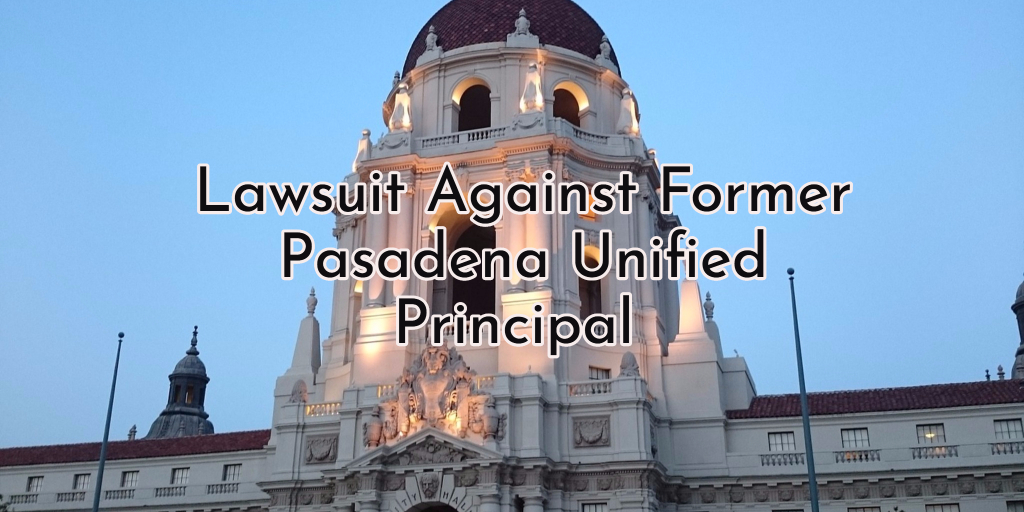On Thursday, August 10th, a Jefferson, Kentucky Circuit Court jury reached a verdict in the case of O’Bryan vs Primal Vantage Co., finding in favor of the plaintiff, Kevin O’Bryan. Mr. O’Bryan was awarded $18.5 million in damages stemming from the injuries he sustained five years earlier while using a product manufactured by the company.
Mr. O’Bryan was out turkey hunting on May 3, 2012, in a tree stand made by Primal Vantage Co. which he had purchased at Dick’s Sporting Goods five years earlier. Polypropylene straps securing the tree stand to the tree failed, the tree stand collapsed, and Mr. O’Bryan was seriously injured after falling to the ground. Following the incident, he suffered from chronic pain and paralysis and endured a divorce.
The legal basis for O’Bryan’s suit against the product manufacturer was founded in negligence and product liability theories that hold a manufacturer or seller liable for placing a dangerous or defective product in the hands of a consumer. In this case, though the product itself was not defective, the product’s marketing was defective in that the labeling did not warn him of the dangers. The civil case presided over by Justice McKay Chuvin ended in the jury’s unanimous ruling that Primal Vantage Co. had not provided Mr. O’Bryan reasonable warning that the tree stand’s securing apparatus — polypropylene straps — were at risk of failure.
Per the verdict form, the jury awarded Mr. O’Bryan $869,975 for past medical expenses, $1.2 million for lost wages, and $13 million for pain and suffering. Sante O’Bryan, his ex-wife, was awarded $80,000 for loss of consortium. Court records state that O’Bryan did not use a safety harness or take other precautions (such as inspecting the tree stand’s stability) which may have prevented his fall; though the jury sided with Mr. O’Bryan’s claims, they found him 50% at fault for his injuries, which reduced the damages awarded to him by half.
Ann Oldfather, Sean Deskins and Michael Hasken represented Kevin O’Bryan; Sante O’Bryan was represented by Jeff Adamson and Paul Casi III.











